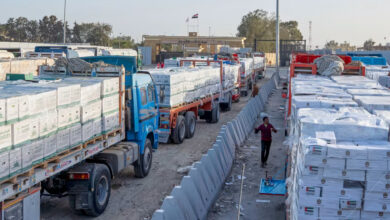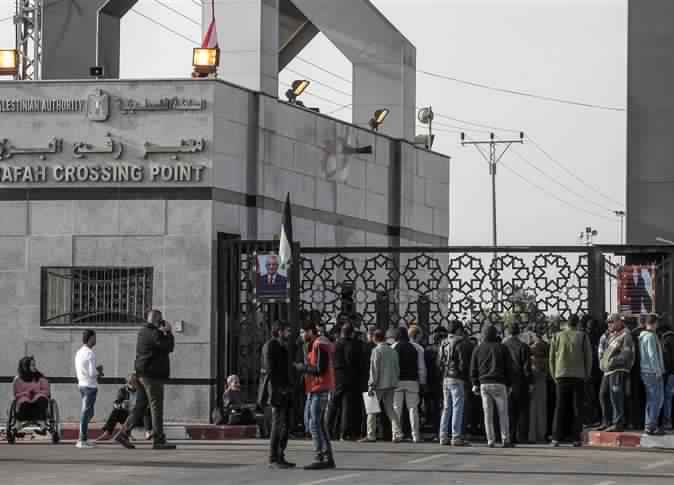
Israel welcomed the cessation of hostilities in neighboring Syria but hinted on Sunday it could still launch attacks there if it saw a threat.
Guns mostly fell silent in Syria and Russian air raids in support of President Bashar al-Assad stopped on Saturday, the first day of a US-Russian accord that the United Nations has described as the best hope for ending five years of civil war.
Israeli officials had earlier been skeptical about the prospects of a truce, given Syria's sectarian rifts and the exclusion of jihadi rebels. But Prime Minister Benjamin Netanyahu sounded cautiously upbeat in pubic remarks on Sunday.
"We welcome the efforts to achieve a stable, long-term and real ceasefire in Syria. Anything that stops the terrible slaughter there is important, first and foremost from a humanitarian standpoint," he told his cabinet.
"But at the same time it is important that it be clear: Any arrangement in Syria has to include a cessation of Iranian belligerence toward Israel from Syrian territory," he added.
While formally neutral on the civil war, Israel has launched a number of air strikes in Syria to foil suspected arms transfers to Lebanon's Iran-backed Hezbollah guerrillas, who are helping Assad.
Israel has also said it has returned fire when shot at across the Golan Heights frontier, where it worries Hezbollah is active.
"We will not agree to the supply of advanced weaponry to Hezbollah, from Syria to Lebanon. We will not agree to the creation of a second terrorist front on the Golan," Netanyahu said. "These are the red lines that we set out and they remain the red lines of the State of Israel."




